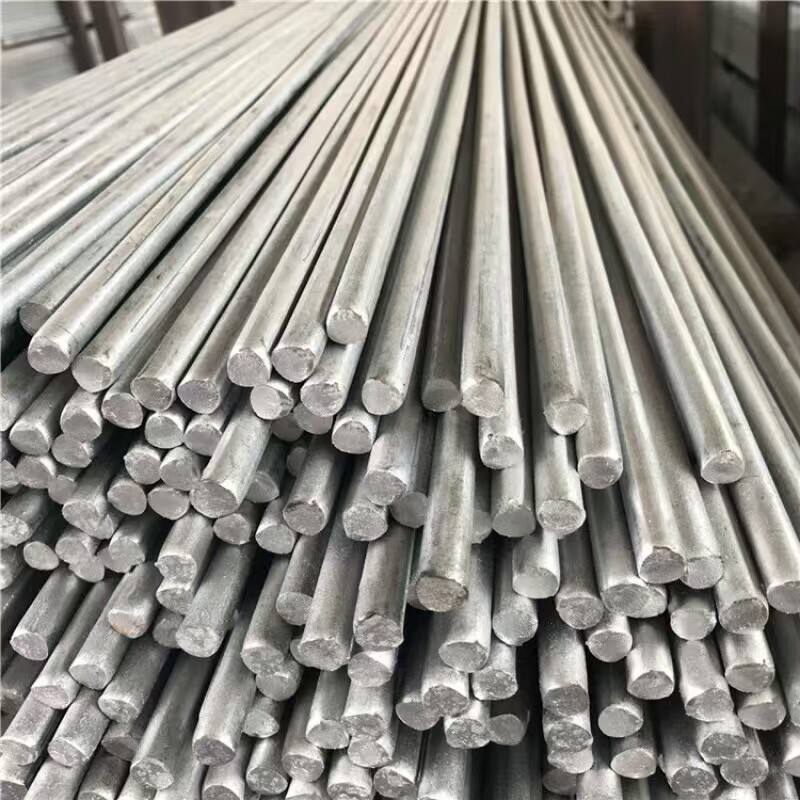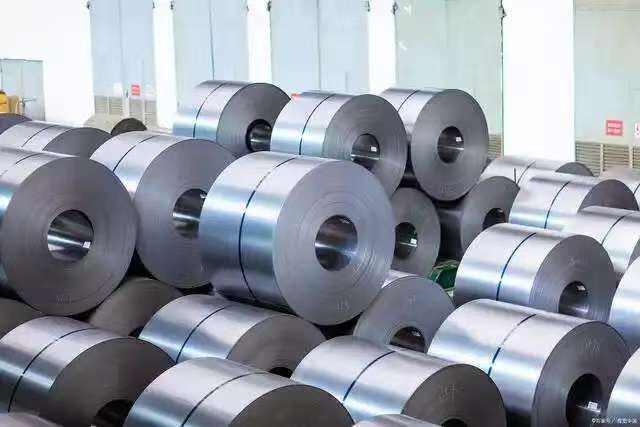The Essential Role of Steel Coils in Modern Manufacturing
In the heart of manufacturing facilities worldwide, steel coils stand as fundamental building blocks that drive industrial progress. These massive rolls of processed steel have revolutionized production methods across diverse sectors, from automotive to construction, appliances to packaging. Their versatility, cost-effectiveness, and superior mechanical properties make steel coils indispensable in today's manufacturing landscape.
The reliance on steel coils has grown exponentially as industries seek efficient, sustainable, and economical materials for their production needs. These cylindrical giants, carefully processed and precision-engineered, offer manufacturers the perfect blend of strength, formability, and consistency required for high-volume production.
Understanding Steel Coil Manufacturing Processes
Hot Rolling Technology
The journey of steel coils begins with the hot rolling process, where thick slabs of steel are heated to temperatures exceeding 1,700°F (926°C). At these high temperatures, the steel becomes more malleable, allowing it to be processed through a series of rollers that gradually reduce its thickness. This technique not only shapes the steel but also enhances its strength and uniformity.
Modern hot rolling facilities employ advanced automation and precision control systems to ensure consistent quality throughout the length of steel coils. The process parameters are carefully monitored and adjusted in real-time, resulting in products that meet exact specifications for thickness, width, and mechanical properties.
Cold Rolling Refinement
After hot rolling, many steel coils undergo cold rolling, a process that further reduces their thickness and improves surface finish. This step is crucial for applications requiring tighter tolerances and superior surface quality. Cold rolling strengthens the steel through work hardening while maintaining dimensional accuracy.
The sophisticated cold rolling equipment used today can achieve remarkable precision, producing steel coils with thickness variations as small as a few micrometers. This level of accuracy is essential for industries such as electronics and automotive, where component specifications are increasingly demanding.
Benefits Driving Industrial Adoption
Economic Advantages
Steel coils represent a cost-effective solution for large-scale manufacturing operations. Their continuous format minimizes material waste and reduces production downtime associated with material changeovers. Manufacturers can process longer runs without interruption, leading to significant improvements in operational efficiency.
The economies of scale achieved through steel coil processing translate into lower per-unit costs, making final products more competitive in the market. Additionally, the standardized nature of steel coils simplifies inventory management and reduces storage space requirements compared to sheet metal storage.
Production Flexibility
Modern manufacturers value the versatility that steel coils provide. These materials can be quickly adapted for different applications through various secondary processes such as slitting, cutting to length, or surface treatment. This flexibility allows companies to respond rapidly to changing market demands without significant retooling.
The ability to process steel coils into various forms and specifications enables manufacturers to serve multiple market segments from a single material source. This adaptability is particularly valuable in today's fast-paced manufacturing environment where product lifecycles are becoming shorter.

Advanced Applications and Industries
Automotive Sector Integration
The automotive industry heavily relies on steel coils for producing body panels, structural components, and various other parts. Advanced high-strength steel coils enable manufacturers to achieve both weight reduction and improved safety performance in modern vehicles. The consistent quality of steel coils ensures reliable stamping operations and predictable material behavior during forming processes.
Leading automotive manufacturers have developed sophisticated processing lines specifically designed to handle steel coils efficiently. These automated systems can rapidly transform raw coils into finished components while maintaining strict quality controls throughout the production process.
Construction and Infrastructure
In the construction sector, steel coils serve as the foundation for numerous building products, from roofing materials to structural elements. The ability to process these coils into various profiles and shapes allows manufacturers to create innovative solutions for modern construction challenges. The durability and strength-to-weight ratio of processed steel coils make them ideal for both residential and commercial applications.
Infrastructure projects benefit from the scalability and consistency of steel coil-based products. Whether it's bridge decking, highway guardrails, or building facades, manufacturers can efficiently produce large quantities of standardized components while maintaining high quality standards.
Future Trends and Innovations
Sustainable Manufacturing Practices
The steel coil industry is actively embracing sustainable manufacturing practices. New technologies are being developed to reduce energy consumption during production while maintaining or improving material properties. Manufacturers are increasingly focusing on using recycled materials in steel coil production, contributing to a more circular economy.
Advanced coating technologies and surface treatments are emerging to enhance the environmental performance of steel coil products. These innovations help extend product life cycles and reduce the need for environmentally harmful treatments during subsequent manufacturing processes.
Digital Integration and Smart Manufacturing
Industry 4.0 principles are transforming how manufacturers work with steel coils. Smart sensors and real-time monitoring systems provide unprecedented control over processing parameters, ensuring optimal material utilization and quality consistency. Digital twins of production lines enable manufacturers to simulate and optimize their processes before physical implementation.
The integration of artificial intelligence and machine learning algorithms is helping manufacturers predict maintenance needs and prevent production disruptions. These technological advances are making steel coil processing more efficient and reliable than ever before.
Frequently Asked Questions
What determines the quality of steel coils?
The quality of steel coils is determined by several factors including chemical composition, mechanical properties, surface finish, dimensional accuracy, and coating uniformity. Manufacturing processes, raw material selection, and quality control measures throughout production all play crucial roles in ensuring high-quality steel coils.
How are steel coils protected during transportation and storage?
Steel coils are typically protected through specialized packaging methods including moisture-resistant wrapping, edge protectors, and custom-designed cradles or platforms. Proper storage involves climate-controlled environments, careful handling procedures, and regular inspection to prevent degradation or damage.
What is the typical lifespan of products made from steel coils?
The lifespan of products manufactured from steel coils varies depending on the application, environment, and maintenance practices. With proper treatment and protection, steel coil products can last several decades. Many automotive components, building materials, and industrial equipment made from steel coils maintain their integrity for 20-30 years or more under normal conditions.



